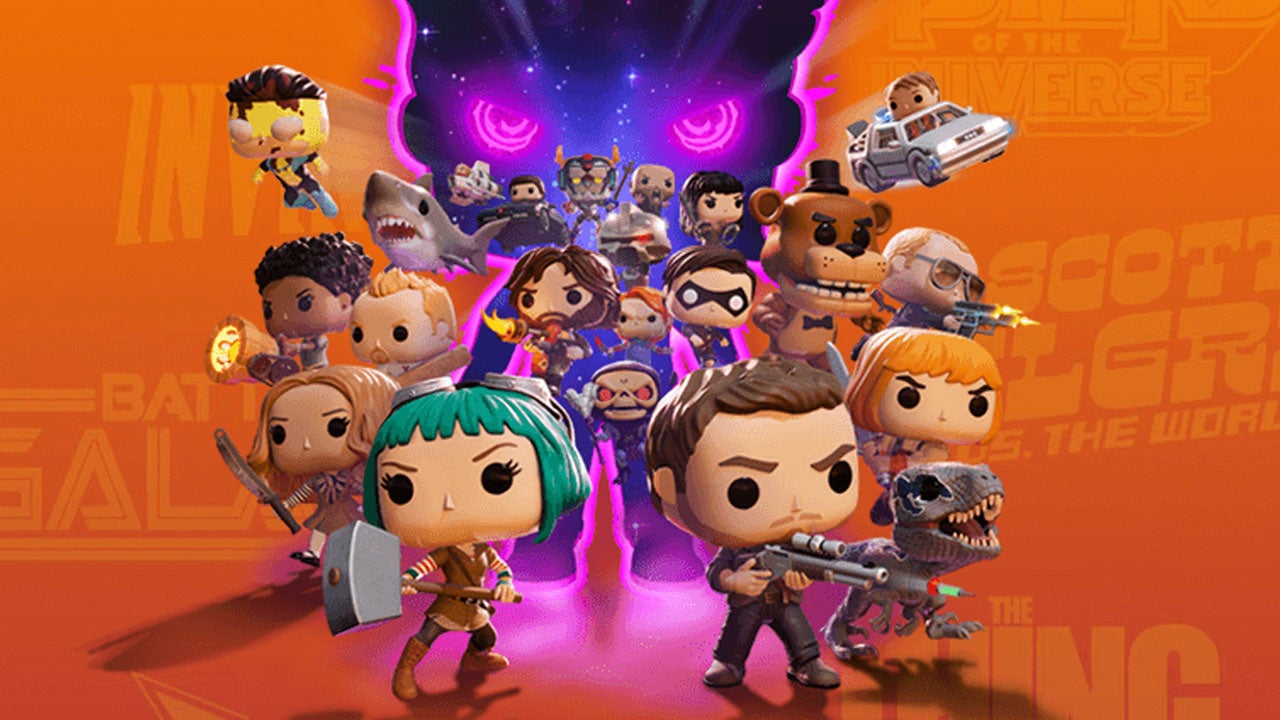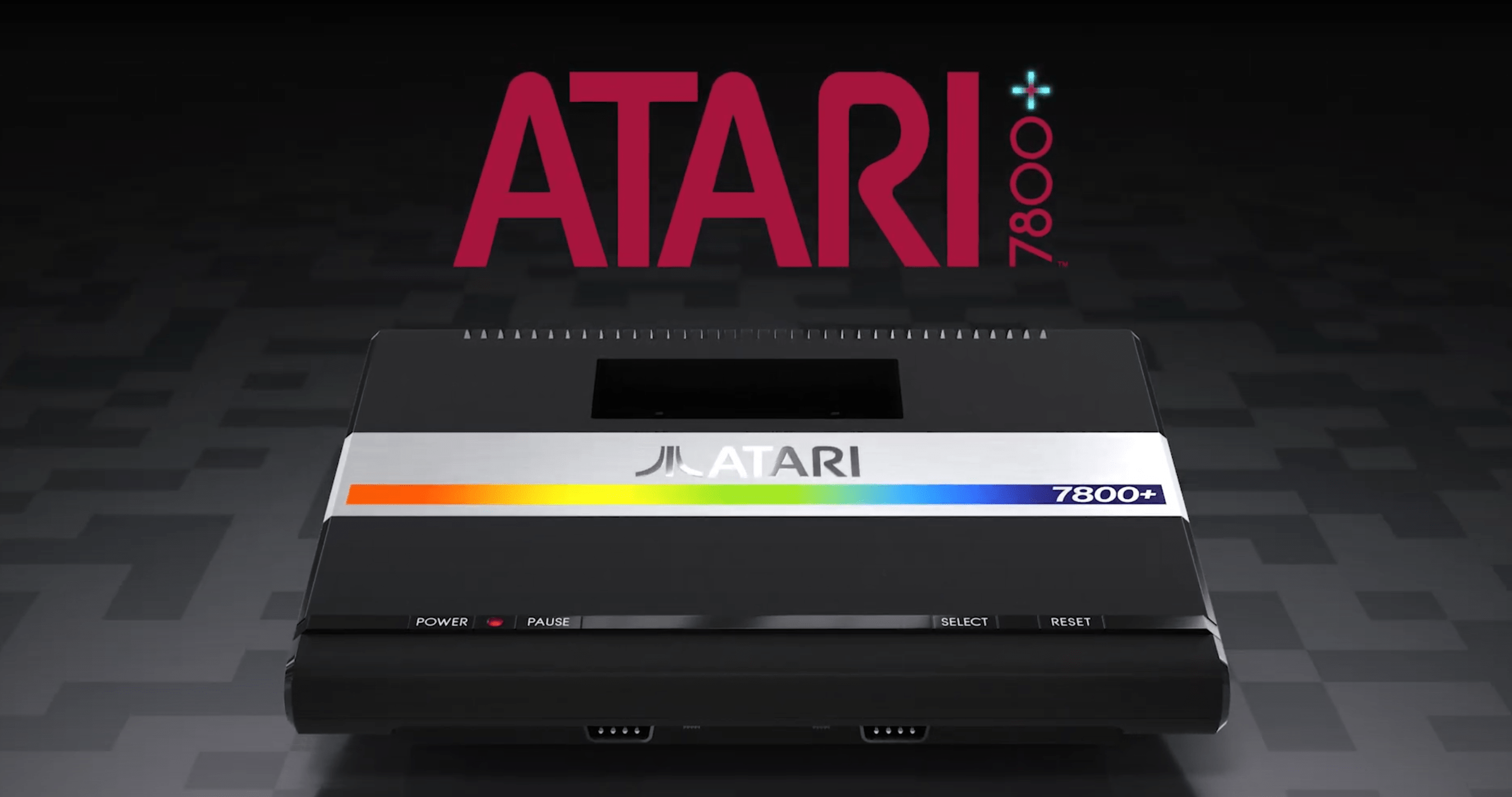Digital vs. physical media isn’t a new debate. I’m not even the first writer to bring it up in 2023, and I most certainly won’t be the last! But the discussion is usually rooted in which one should take over the other when, really, both belong in the conversation. Streaming offers a kind of accessibility that we could have only dreamed of 20 years ago and remains hugely valuable to consumers (who now pay considerable fees for multiple platforms, which is why it’s time for the streaming studios to pay up). Meanwhile, DVDs, Blu-rays, and I guess VHS for any of you hipsters out there, offer access without the requirement of an internet connection, and a better chance at art preservation in the long term (more on that in a bit).
As streaming became more prevalent and, please forgive me, “begun, the streaming wars did,” physical media started slipping further and further from the cultural conversation. But here’s why it shouldn’t.
You Don’t Own Your Digital Media
Every couple of years, a company like Amazon will find itself in the news for reminding people that they don’t own their digital media or the New York Times will do an exposé on the matter. Yet, each time I bring this up, at least one person looks at me like the shocked Pikachu meme.

It’s a fair thing to be confused about, I suppose. It used to be pretty simple! I give you money, you give me your goods, I now own those goods. But the digital age has introduced an added level of complication to once simple transactions. You’re no longer purchasing media; you’re licensing it. That license exists until the company no longer exists, or until the company no longer decides to support the title.
Take Black Widow — a film folks paid $29.99 for on digital when it was released — for example. If Disney ever decides to drop out of the streaming game, you no longer have access to that title (and the Disney+ terms of service warn you of as much). Same goes for anything you purchased through Amazon.
If you’re thinking about something like iTunes, the same limitations apply. Also worth mentioning for the Amazons and the Apples of the world: you only have the license so long as the respective companies are authorized to sell it. Once that license expires, so does your purchase.
Are any of these companies at risk of going out of business any time soon? Nah. But if you care about a story and unfettered access to it is important to you, physical media will always be the smartest way to go.
Preservation Is More at Risk Than Ever
Art has always disappeared through the ages, but should that be the case in our technological era? Preservation should be the best its ever been, yet we just witnessed the gutting of TCM and TV feels like it’s more at risk than ever before. Lately, news drops every other week of original films and shows being pulled from their respective streaming services. That practice is not new to the streaming era, but it is unique in the fact that streamers, as a rule, do not offer physical copies of their originals.
The notable standout here is the little horror streamer that could: Shudder. The small but mighty platform offers physical copies of the majority of its originals, giving many of them the opportunity to outlive AMC’s horror platform.
Any other physical copies you find of streaming originals usually boil down to the fact that they had funding outside of the streaming company itself, and the funder retained the rights to physical copies (Mike Flanagan’s The Haunting of Hill House and The Haunting of Bly Manor are two strong examples here).
Sometimes the Internet Goes Out, Man…
This is a real problem! What are you supposed to do when your internet goes out? Read a book?! (Please read books.)
Some streamers do offer downloads, but let’s be real: how many of us actually have those downloads prepared for when our internet is down or trapped in low-speed hell for prolonged periods of time? Those downloads expire! You know what doesn’t expire? My three book cases of Blu-rays!
It Takes Up Space, But It's Better Quality
Everything you watch on streaming or purchase digitally is compressed. That means that, regardless of hardware, you’re still getting lower picture and audio quality (yes, even those “fancy” 4K versions some streamers have started offering). Regular old Blu-rays (not to mention the 4K or Ultra HD discs) out-perform streaming in every way. And if your internet hiccups somewhere in the middle? Well, sorry about the buffer I guess.
The Features!
Y’all, I miss special features. I miss bloopers. I miss commentary tracks. I miss deleted scenes. Streamers have tried to replicate some of those, but they’re simply not as good, and they’re not packaged together in any logical way. A “making of” might exist separately from the film or series on the same platform, but you have to hunt. Meanwhile, things like bloopers and deleted scenes are now trapped in social media hell, meaning you have to hunt them down somewhere else entirely. Additionally, they face the same risk as the rest of the titles when it comes to the potential of being pulled from the platform.
Why Streamers Need to Get With the Program
Here’s the thing: I understand why, in the beginning, most streaming platforms drew a hard line in the sand when it comes to physical media. Netflix wanted people to rent their DVDs rather than buy them, there were universal concerns that they were devaluing their own platforms by offering physical copies… yada, yada, yada.
But Netflix doesn’t offer DVD rentals anymore, and, hear me out here: human beings are lazy.
Let’s use me as an example (only fair, since I’m calling the whole of humanity lazy). I own most seasons of The Simpsons, but I’m still gonna turn on Disney+ when I want something quick in the background while I eat lunch. It’s the same exact mentality that has allowed regular television channels to continue to play movies. Is Tommy Boy or the whole of Marvel’s Infinity Saga sitting on my DVD shelf? Yeah. Am I gonna stop and watch one of them if they start playing on the last channel I was on even though there are commercials and it’s edited? Probably! The point is that people are still going to tune into streaming platforms in the same way they were before because of their accessibility and ease. The option of physical media doesn’t eat into their bottom line any more than streamers’ existence negates the importance of physical media.
An instance where it could hurt them is if they offered physical media at the same time as the movie or series dropped on their platform, but I don’t think anyone disagrees that would be a silly business decision. Give it 90 days, and then pop them up on your website for purchase. You don’t even have to go through a retailer! (Those cost money.)
It also feels important to note that high profile creators like Neil Gaiman and Mike Flanagan are all but begging for these options to be offered for the stories they create because they know what’s at risk if they aren’t.
We’re at a crossroads with streaming. The bubble has officially burst and each company is being offered the choice to evolve or die. Here’s hoping at least a few of them understand that options do nothing but serve their audience (and their bottom line).
Amelia is the entertainment Streaming Editor here at IGN. She's also a film and television critic who spends too much time talking about dinosaurs, superheroes, and folk horror. You can usually find her with her dog, Rogers. There may be cheeseburgers involved. Follow her across social @ThatWitchMia







